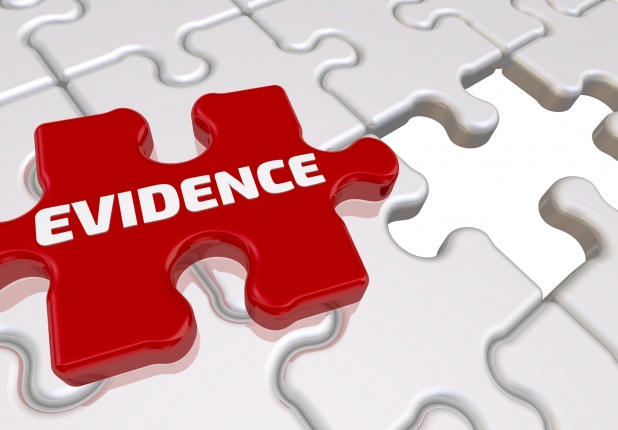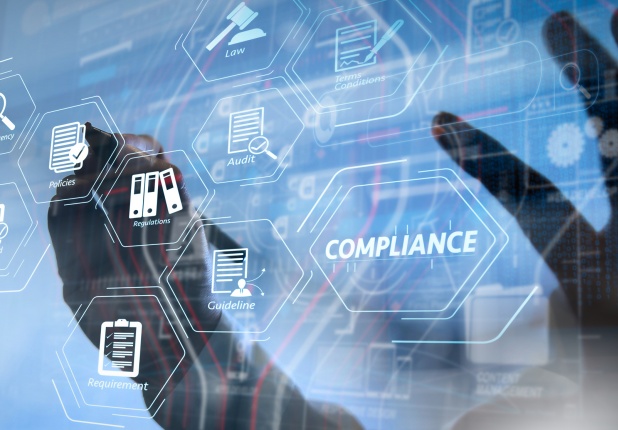Spoiler Alert! Another Legal Update on Data Preservation and Spoliation Implications
There appears to be a recent theme on this blog regarding data preservation and spoliation, and—not to spoil anyone’s appetite for this important topic—we are back with another one. And for good reason given the heightened risk of spoliation sanctions in today’s increasingly data-driven legal landscape. A recent order in Safelite Group, Inc. v. Lockridge is one of many that highlights the growing need to stay apprised of the various steps necessary to ensure compliance with essential data preservation requirements.
Ignorance might be bliss, but it is not a defense. This is especially true as it relates to one’s duty to comply with a litigation hold. To avoid potential Rule 37(e) sanctions, attorneys must be familiar with the preservation steps needed for basic sources of ESI and take care to ensure that their clients understand the same.






